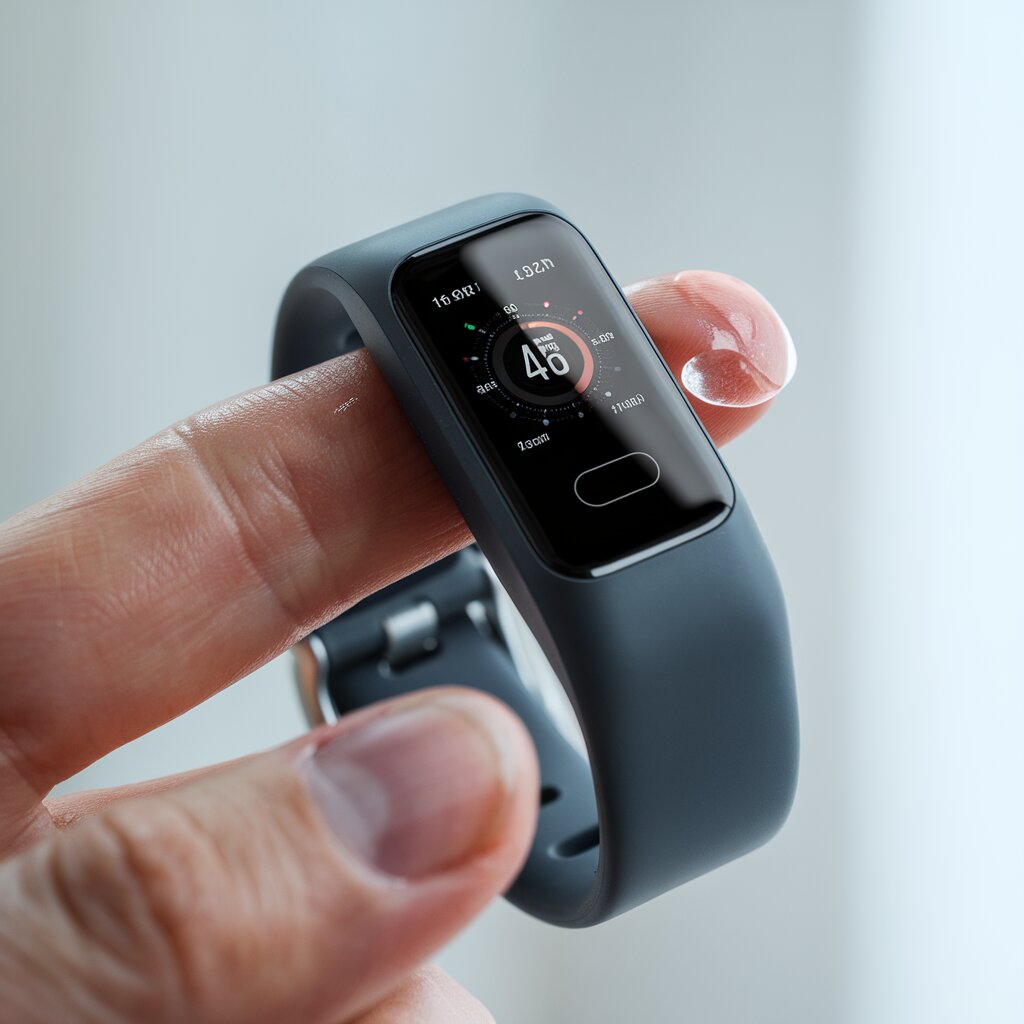In an innovative leap forward for personal health technology, researchers have developed a pioneering fingertip-wearable microgrid system designed to monitor vital metabolites through finger sweat. This breakthrough could revolutionize how individuals track and maintain their health, providing real-time insights into critical biomarkers without cumbersome equipment or the need for frequent recharging.
Methodology
The development of this wearable device marks a notable advancement in bioenergy harvesting and health monitoring. By employing biofuel cells (BFCs), the device generates power from the sweat collected on the fingertips. This is then stored in compact, flexible batteries that enable continuous operation. The device is equipped with sensors that analyze sweat to measure key biomarkers, including glucose, vitamin C, lactate, and levodopa, in real-time. Utilizing an osmotic pump, the system naturally draws sweat to the sensors, ensuring a steady sampling process. Integrating low-power electronics with wireless transmission, the device eliminates the need for bulky batteries or external power sources.
Key Results
The findings from the study indicate that this fingertip device efficaciously uses sweat to generate energy and monitor various chemical markers crucial to health. As individuals wear the device, it collects sweat and powers the embedded sensors, which detect significant health indicators such as glucose and vitamin C levels. The data collected is transmitted wirelessly to a smartphone or computer, allowing for continuous and convenient health monitoring. The success of the device in tracking changes in these chemicals over time suggests its potential as a simple and user-friendly tool for health management.
Study Limitations
Despite its promising capabilities, the wearable device does face some limitations. Its dependency on sweat as a power source means its effectiveness could diminish in conditions where perspiration is minimal, such as cooler environments or during low-activity periods. Additionally, the current range of detectable biomarkers is limited. Future iterations may need to expand the scope of detectable substances and enhance sensor performance for broader health monitoring applications. Moreover, further extensive testing in real-world conditions is necessary to validate the device’s reliability over prolonged use.
Discussion & Takeaways
This study underscores the potential for self-powered wearable technologies to transform personal health monitoring. By utilizing sweat as both a power source and a medium for chemical detection, the device offers an innovative approach to tracking health markers continuously and unobtrusively. This could be particularly beneficial for individuals with chronic conditions like diabetes, where regular monitoring of glucose levels is critical. Nevertheless, to realize widespread practicality, advancements in the device’s durability and sensor capabilities are essential.
Funding & Disclosures
The research was a collaborative effort between the University of California, San Diego, and Samsung Electronics, with contributions from the university’s Department of Nanoengineering and the Department of Electrical and Computer Engineering. The study was supported by both internal grants from the university and external funding from Samsung. The researchers involved have disclosed no potential conflicts of interest.
The development of this wearable device represents a significant step forward in health technology, promising a more integrated and seamless experience for continuous health monitoring. As research and development continue, such innovations could become standard tools in personal health management.


